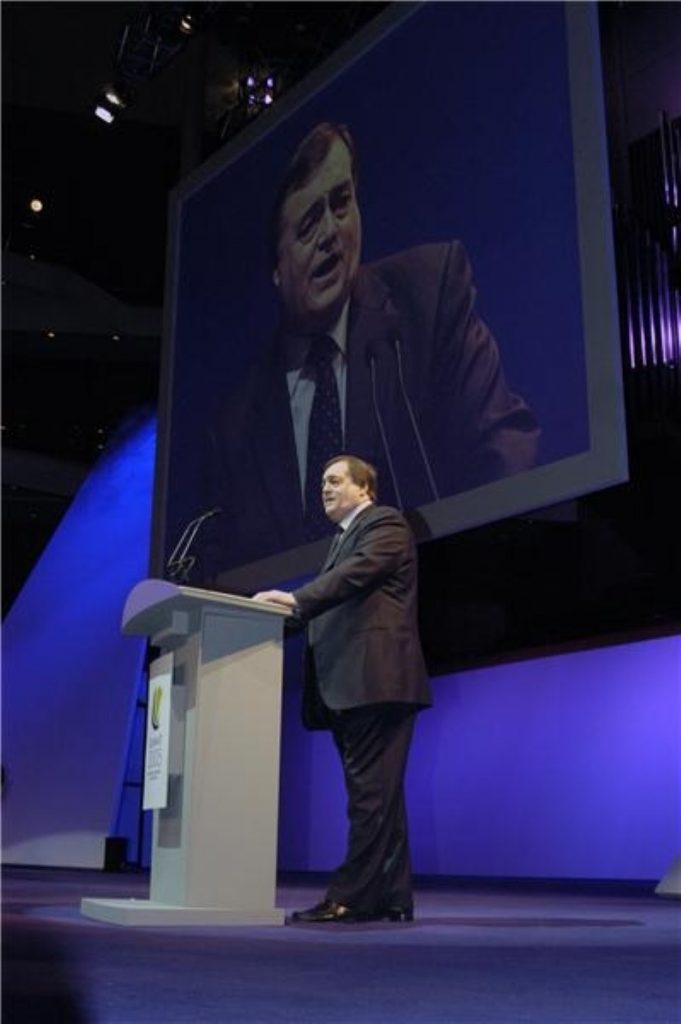Prescott’s summit scrapped at cost of £300,000
John Prescott’s plans for a summit on sustainable communities next year have been quietly dropped – but not before costing the taxpayer almost £300,000.
The deputy prime minister has already hosted two such summits, and planned the third in Manchester next year to be the “biggest event of its kind ever staged”.
Community issues are no longer his responsibility, however, and his successor, local government secretary Ruth Kelly, has decided to scrap the idea completely.
The government has already spent £291,000 on the project, but decided it was still worth cancelling as Ms Kelly decided to take a “new approach” to the issue.
Shadow local government secretary Caroline Spelman, who obtained details of the summit’s demise in a parliamentary question, described the cost as “scandalous”.
“This cancellation is proof, as if we needed it, that John Prescott’s legacy is in tatters,” she warned last night.
“It is clear that these conferences were purely to massage his inflated ego and his misplaced pretension of being a world statesman, rather than any attempt to improve people’s lives.”
The revelation is only the latest embarrassment for Mr Prescott, who lost his departmental responsibilities in the May reshuffle. He has since been embroiled in a row about his dealings with an American businessman who owns the dome.
The summit, planned for next February, was marketed as an “international event for everyone in local and regional government, private and voluntary sectors who is involved in managing and financing sustainable communities”.
It would have involved an exhibition and the establishment of new awards in the name of the deputy prime minister for leaders in the field.
However, a minister from the Department for Communities and Local Government (DCLG), which has replaced Mr Prescott’s old department, admitted in a written answer that the event had been cancelled.
“DCLG is taking a new approach to stakeholder engagement. The DCLG is a new department with a new remit and will be communicating its agenda in new ways,” said Angela Smith.
“The department is of the view that the commercial sector is better placed to deliver large-scale events such as the summit.The success of the [2002 and 2005] summits and other similar events such as the Thames Gateway forum means that it is the right time to seek private sector interest in running the summit.”





-01.png)